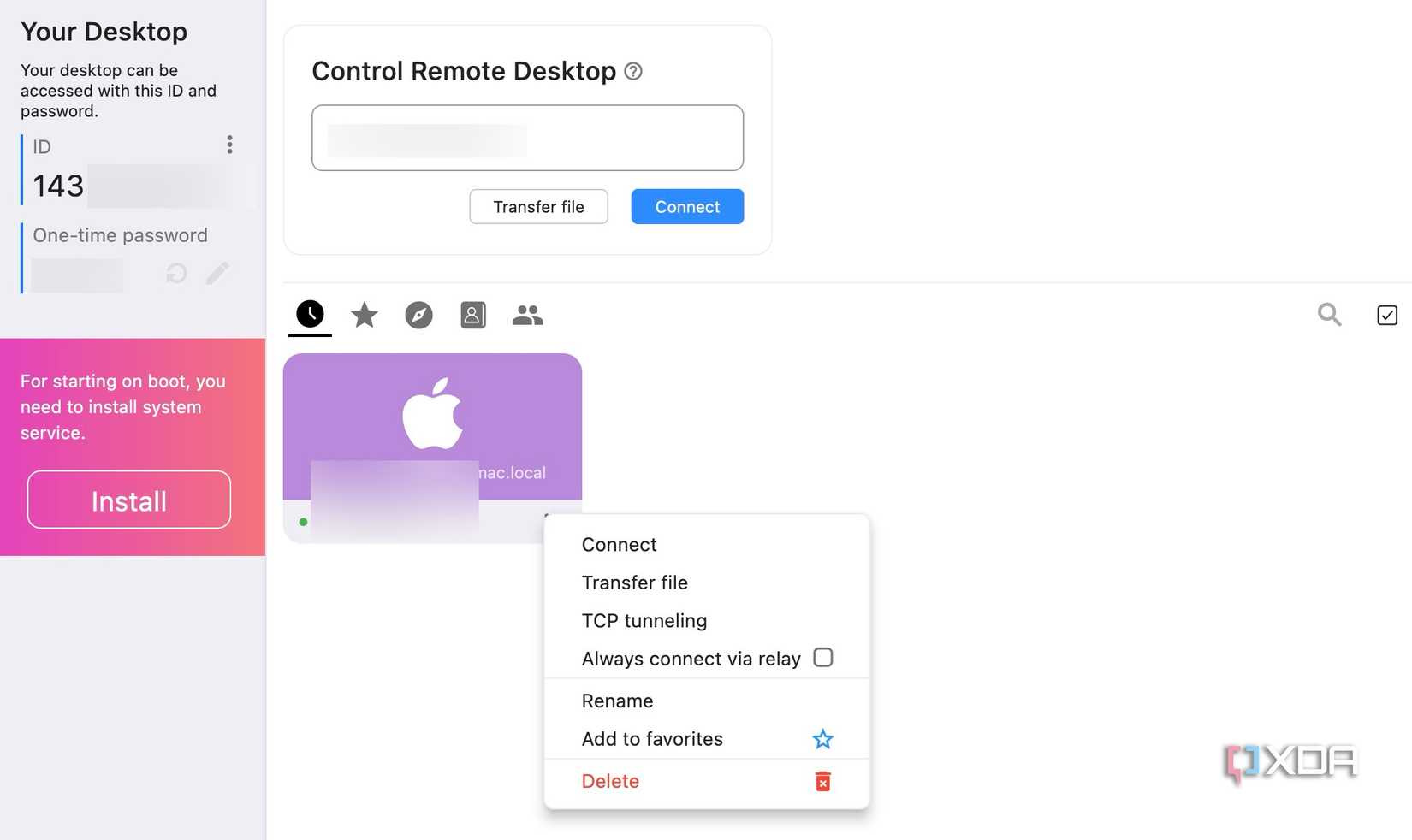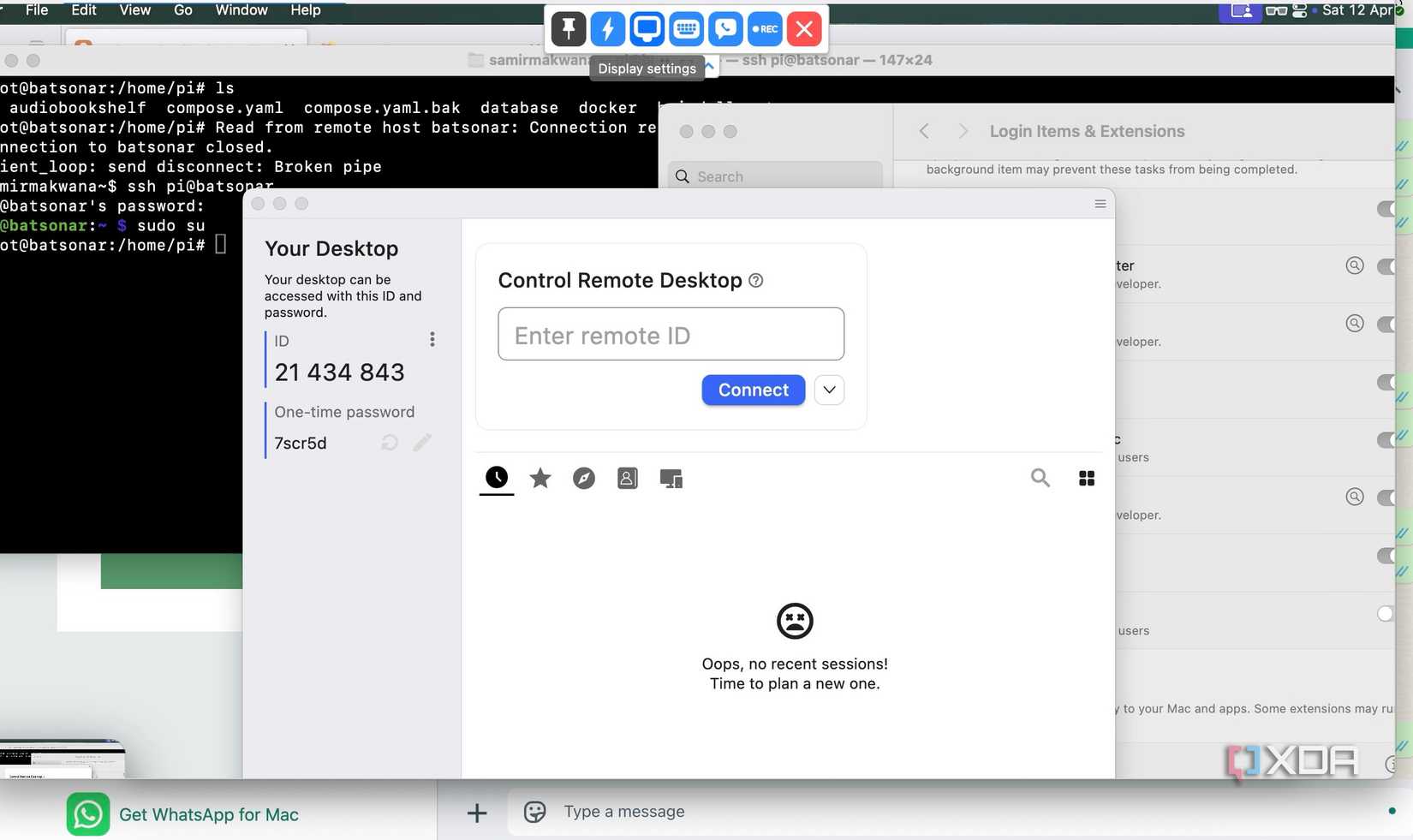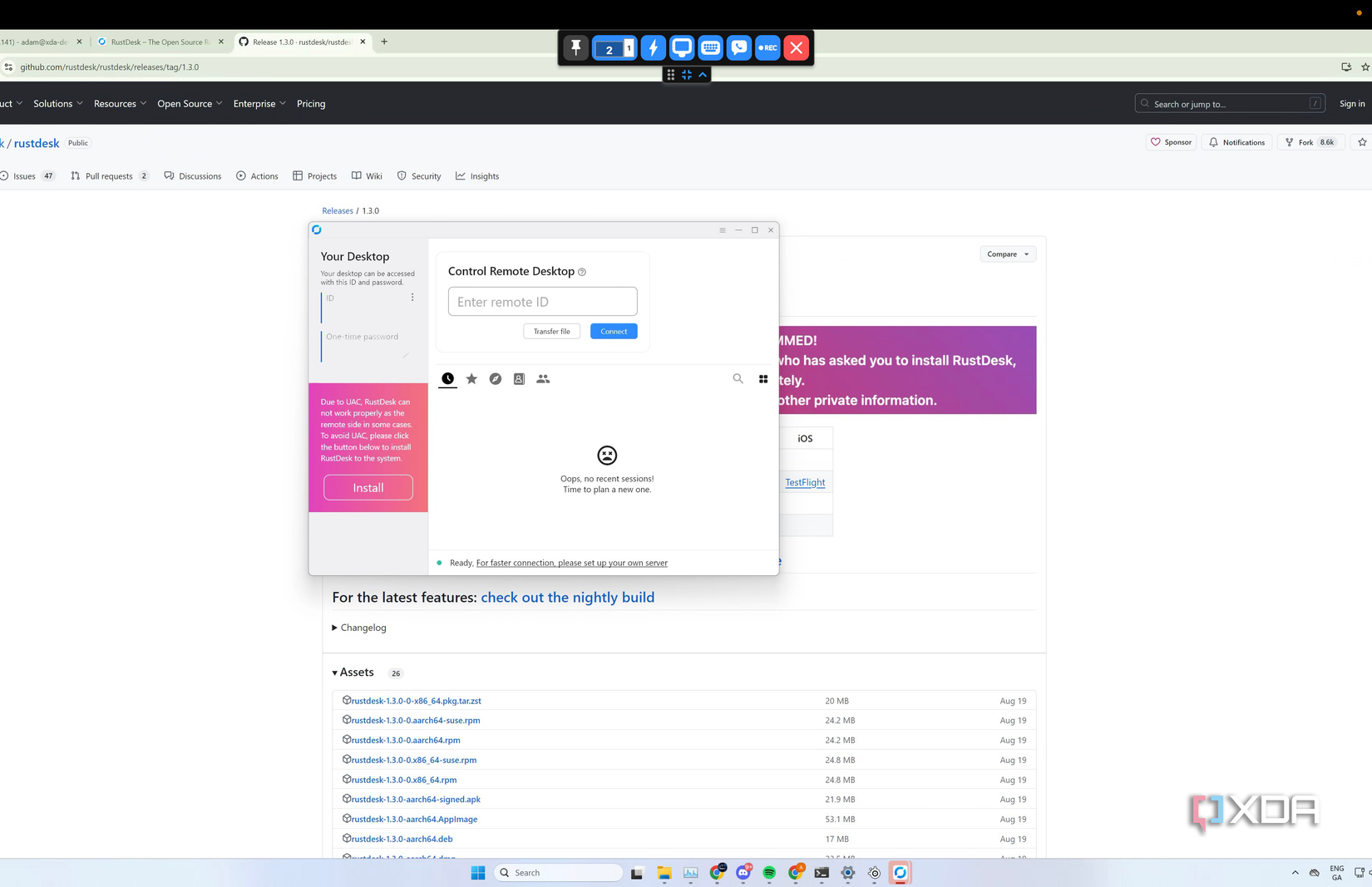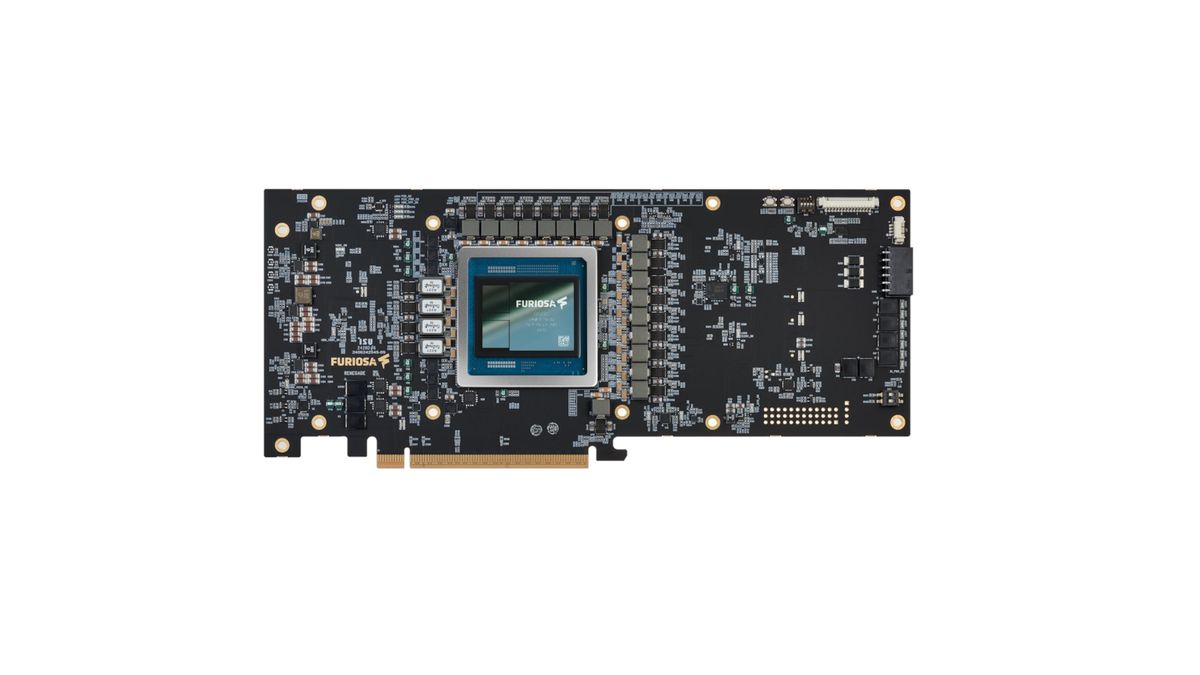Parth, a seasoned tech writer, wields the keyboard (or pen) with finesse to unravel the intricacies of both Windows and Mac operating systems. He has covered evergreen content on mobile devices and computers for multiple publications over the last six years. You can find his work on AndroidPolice, GuidingTech and TechWiser. Whether it’s demystifying system updates, deciphering error codes, or exploring hidden features, Parth’s prose guides readers through the binary maze. When not immersed in tech jargon, you’ll find him sipping chai, pondering the next software review, and occasionally indulging in a friendly debate about mechanical keyboards.
With so many options available in the market, choosing the right remote desktop software can be a real challenge. While I have tried my fair share — from big names like TeamViewer and AnyDesk to other lesser-known tools like NoMachine and HelpDesk. And yet, I always find myself coming back to RustDesk.
RustDesk has earned a permanent spot in my toolkit. Unlike the others, it just works, and it does so in a way that feels different and more dependable. Let’s break down the top reasons why I keep choosing RustDesk for my remote sessions, and why you might want to as well.
Ease of use
Ideal for non-technical users

Beyond the powerful features and open-source philosophy (more on that in a minute), one of the most underrated reasons I keep coming back to RustDesk is its simplicity. I have been the designated tech support for my parents for years, which often means I need to access their computer from miles away.
With other remote tools, it used to be a complex process. I would have to walk them through a lengthy setup process, and they would often get confused by the sign-up process, pop-ups, and permission requests.
With RustDesk, it’s a completely different story. I can now simply ask my mom to open RustDesk and share the ID and password from the sidebar. There is no login, no account creation, and no searching for a session code in their email.
The UI isn’t flashy. While it might not win any design awards, it gets the job done without any distractions or unnecessary clutter, which is a massive plus when you are helping someone who isn’t tech-savvy. It just works every single time.
Excellent performance
Hardly skips a frame

In my line of work, I often have to stay connected to a remote machine for hours at a time, sometimes even leaving a session running overnight to monitor a long task. I always felt hesitant about other remote tools. I would often come back to a frozen screen or complete disconnection, which would force me to restart the session.
That’s where RustDesk’s performance truly shines. It’s built on the Rust programming language, which is known for its speed and efficiency, and it’s something you can feel in every session.
Whether I’m going through a detailed document or working on a code editor with a lot of on-screen changes, the screen hardly skips a beat.
Take last week, for instance. My dad’s laptop was acting up, so I decided to do some troubleshooting from my desktop computer. I connected to the laptop using RustDesk and spent the next hour or so running diagnostic tools, installing a few updates, and tidying things up.
The experience was so seamless that I almost forgot I was working on a remote machine. I could switch between windows on the remote laptop, open the task manager, and even drag-and-drop files from my main desktop to the laptop’s desktop without any noticeable lag.
Ample features for my remote session needs
Gets the job done in style
One of the biggest reasons I have stuck with RustDesk is that it packs all the essential features I need into a clean, simple interface without any of the fluff or paywalls. After all, when I’m in a remote session, I need to be able to do more than just click and type.
For starters, clipboard synchronization is quite handy. When I’m helping my dad set up a new email account, I can copy his complicated temporary password from my password manager on my local machine and paste it directly into the remote login screen. Similarly, file transfer is a breeze.
Beyond the basics, features like unattended access are crucial for me. And when I’m connected, the built-in chat feature is a simple but effective way to communicate with them without having to yell across the room or use a separate chat app.
While it may not have all the features of TeamViewer or HelpDesk, RustDesk focuses on perfecting the core functionalities that matter most.
Cost-effective and open-source
With optional self-hosting

RustDesk being free for personal use with no catch is a massive point in its favor. I’m tired of using the service for a few months, only to get an annoying pop-up telling me I have been flagged for ‘commercial use.’
Besides, it’s an open-source solution that gives me a huge sense of confidence that my remote sessions are truly private and secure.
And while I haven’t personally tried it yet, the self-hosting capability is another assuring feature. The ability to set up my own dedicated relay service means I can take complete control of my data.
Fly through remote sessions
Overall, my journey through the world of remote desktop software has led me to a clear conclusion: RustDesk isn’t just another option; it’s a superior choice. While alternatives may offer a polished interface and endless features, RustDesk focuses on and nails the basics. It ticks all the right boxes for my usage and has earned a permanent spot on my Windows taskbar and MacBook Dock.
If you still haven’t, I highly recommend giving RustDesk a try. It’s the tool that finally got me to stop searching for something better.

.png)












 English (US) ·
English (US) ·